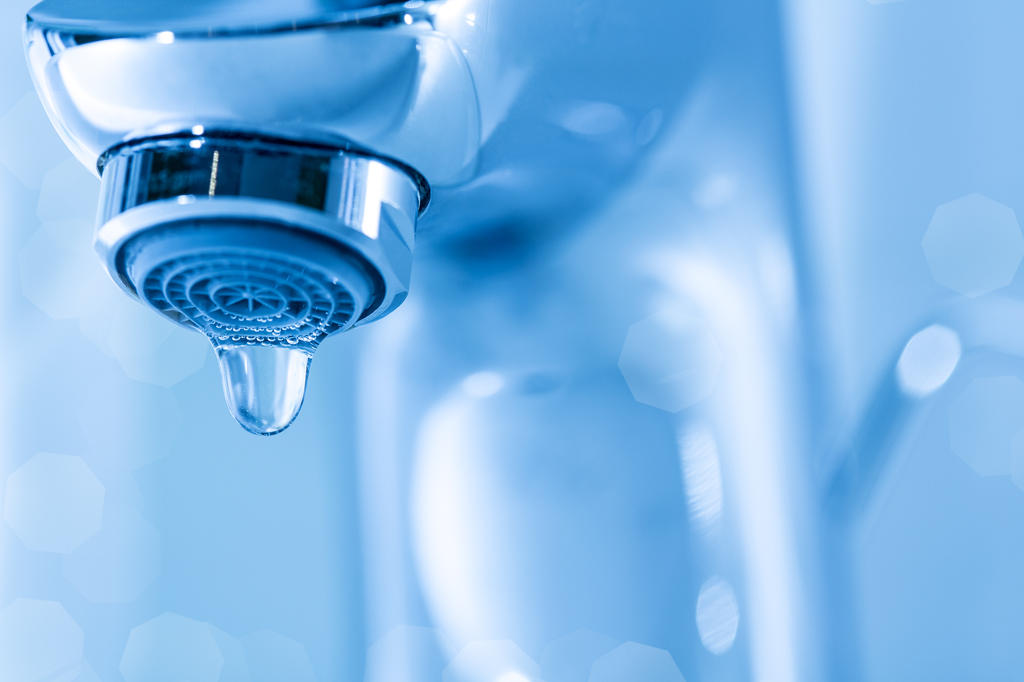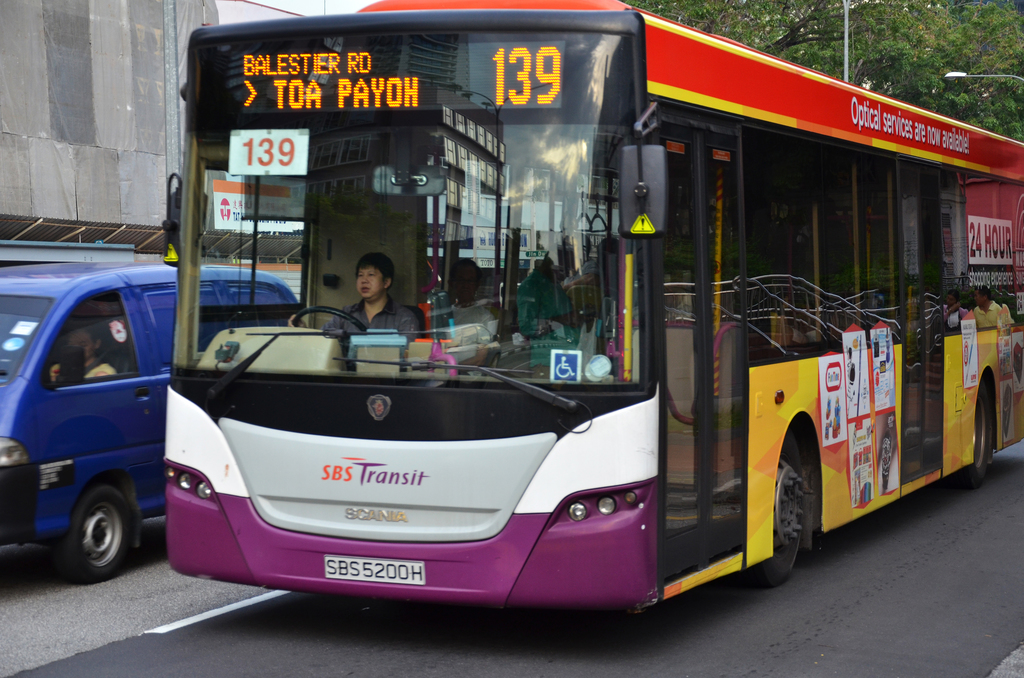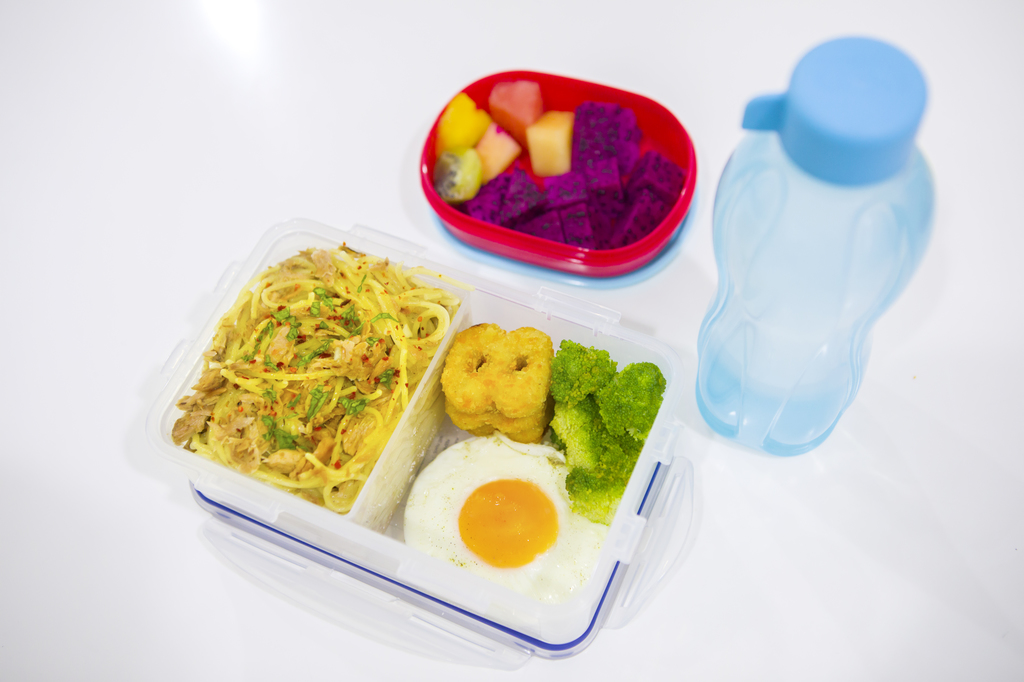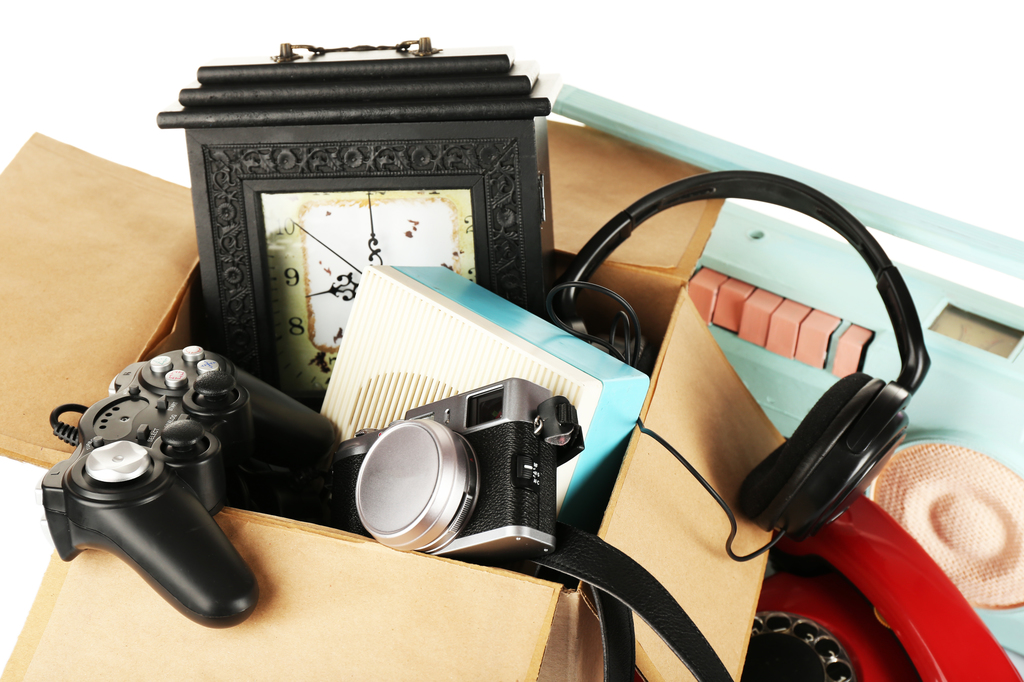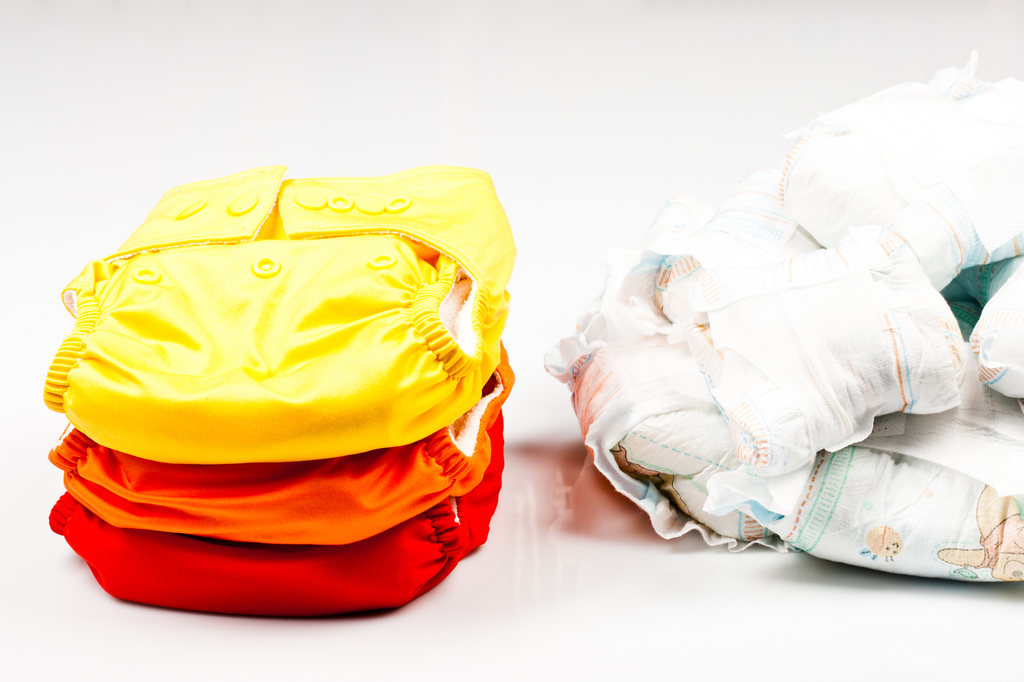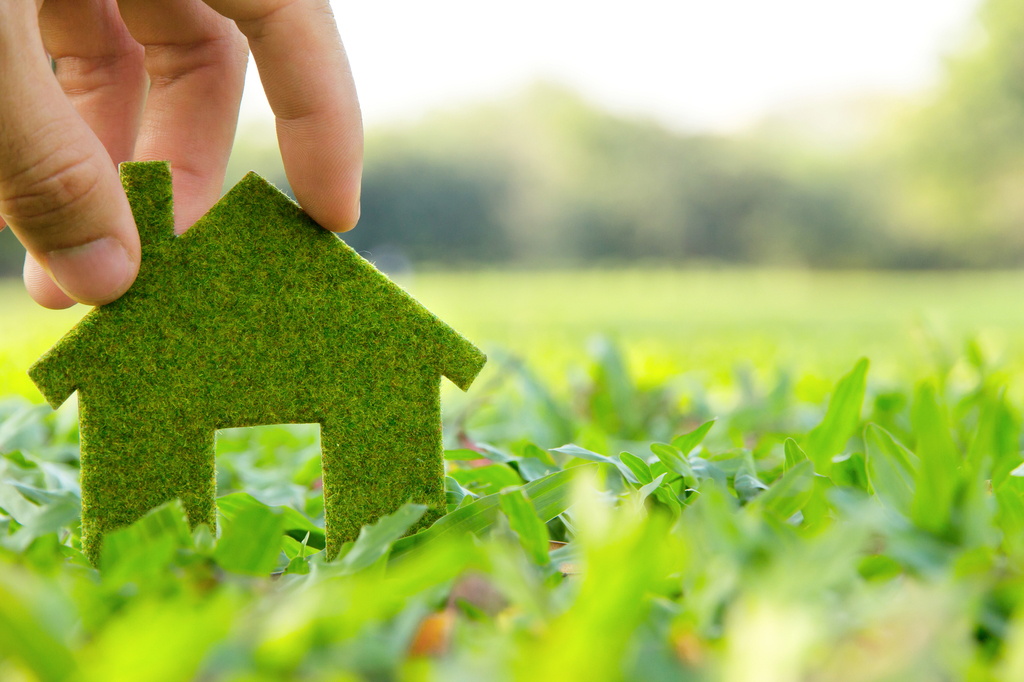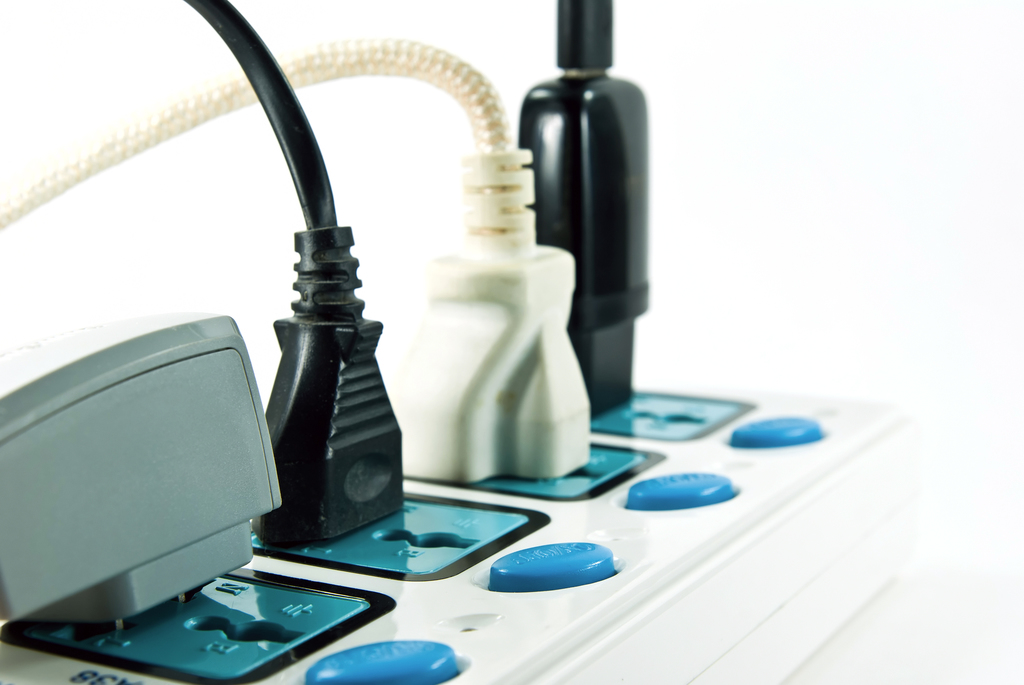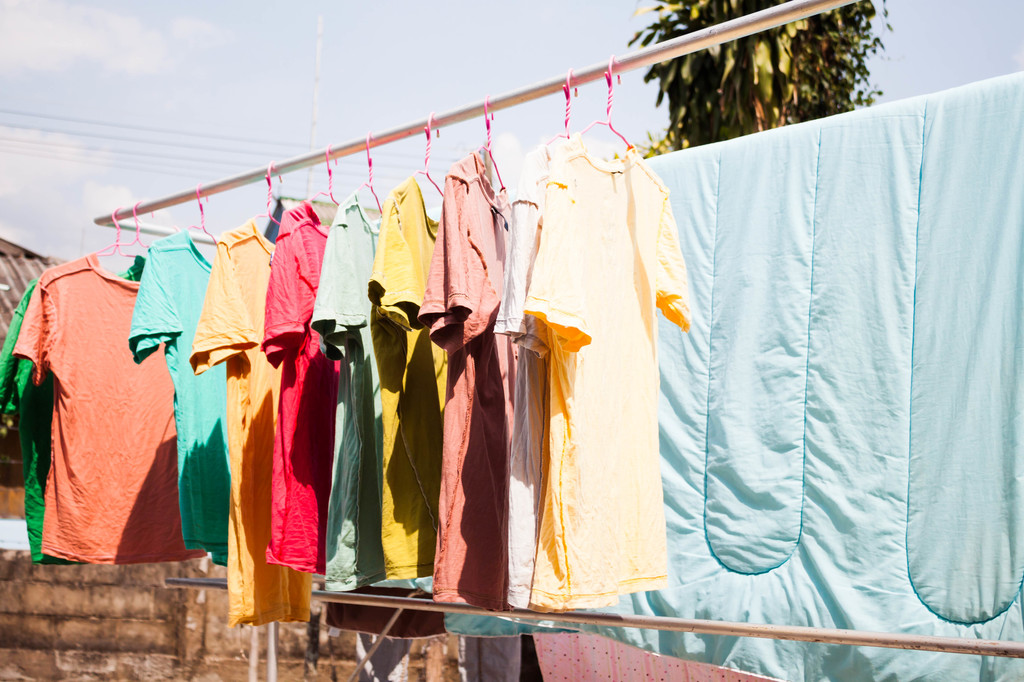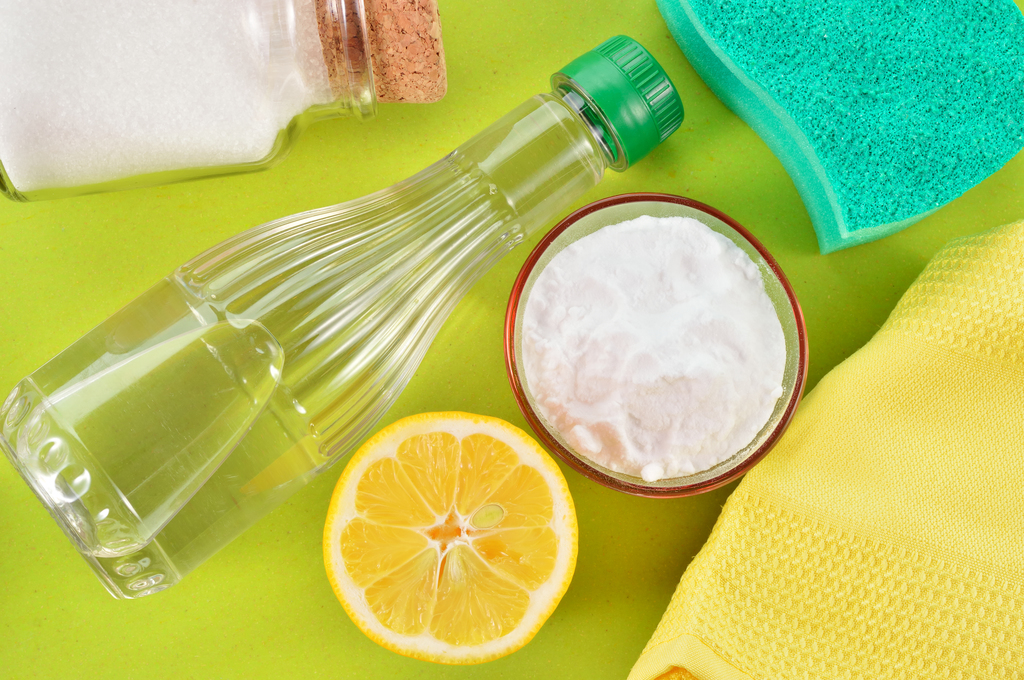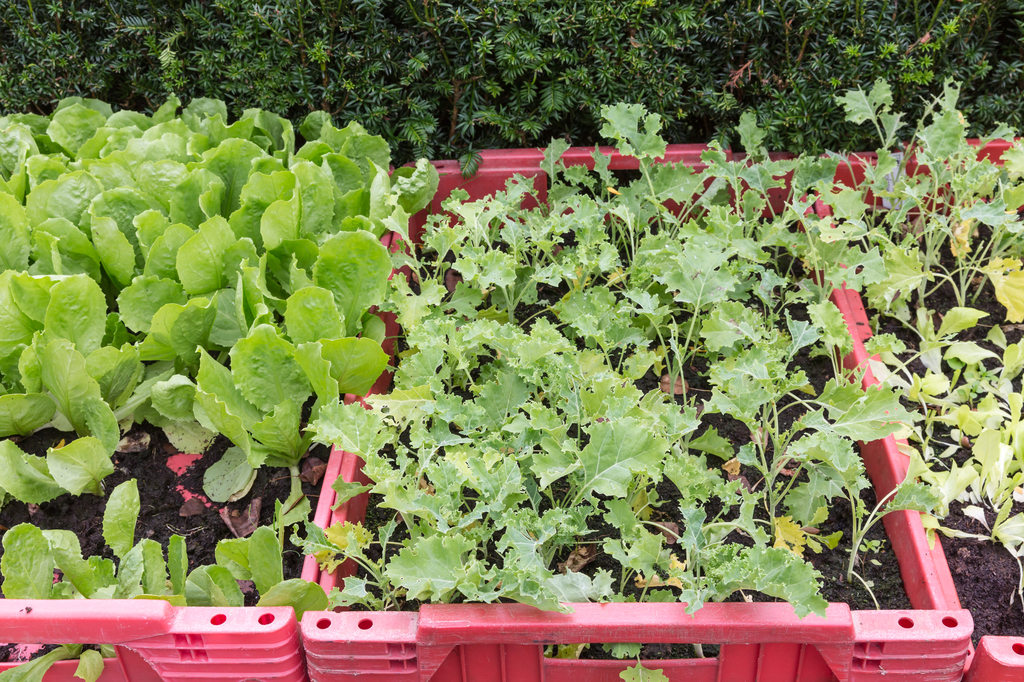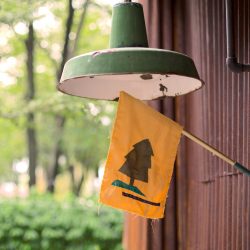SingaporeMotherhood | Parenting
April 2017
12 Ways You Can Start Saving Your Family Some Money by Being Eco-Friendly in Singapore
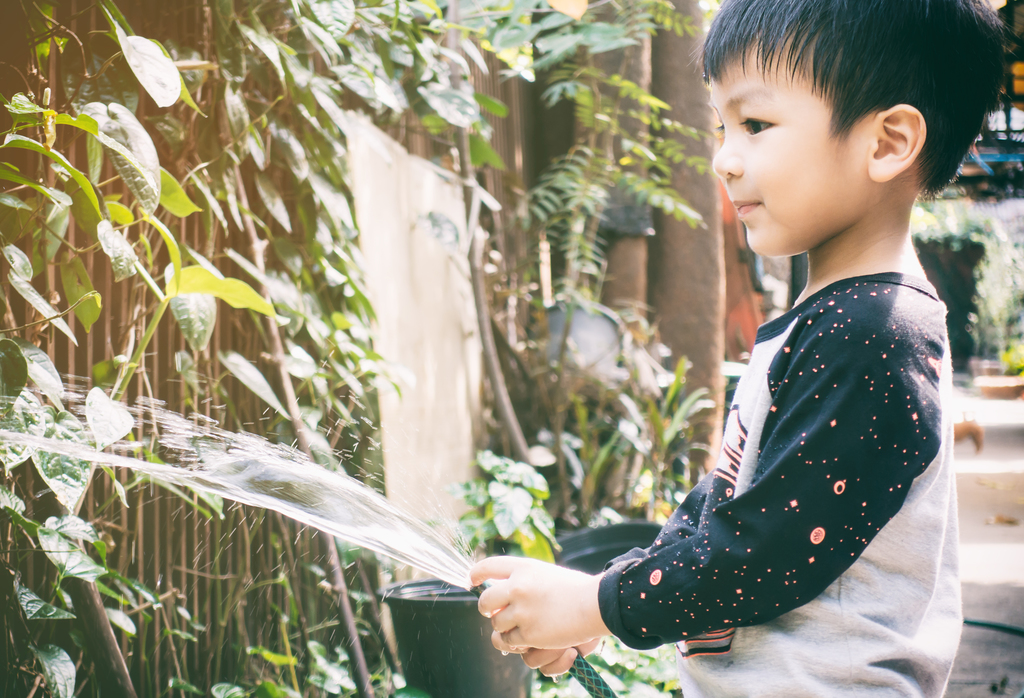
In lieu of Earth Day tomorrow, we bring you a list of 12 doable eco-friendly practices that your wallet will be thanking you for in the long run! Ready to go green?
[banner][/banner]
Climate change is real and it needs the efforts of everyone, both young and old, to be brought under control. If you haven’t already started, it’s about time you teach your children that the state of our Earth isn’t what it used to be. Remind them that they need to play their part so that future generations can enjoy their stay on our planet just as we have thus far.
Kids follow best by example. So as parents, you should start by walking the talk before you hope for your little ones to follow in your green footsteps. We’ve rounded up a list of 12 eco-friendly practices that are extremely doable once you’ve put your mind to it. Oh, and we think it doesn’t hurt that they will also cut down on your family’s expenses – you’re welcome!
(See also: 5 Lessons About Nature That You Can Impart to Your Child)
1. Use water sparingly
Did you know that Singapore uses 430 million gallons of water a day and water demand is expected to more than double by 2060? It’s no wonder then that Finance Minister Heng Swee Keat announced that water prices are set to increase by 30% in two phases earlier in February as part of Budget 2017. The first hike starts on 1 July 2017. So if you haven’t already been using water sparingly, it’d be a great time to start. How can you go about doing that?
- Install a low-flow showerhead to use 25 – 60% less water in the shower
- Turn off the tap when washing your face, brushing your teeth, or doing the dishes
- Repair a leaky faucet as soon as you can and check your pipes regularly
- Take shorter showers and refrain from using the water heater on hot days
- Use the runoff from washing produce to water your potted plants
2. Commute via public transport
Let’s face it. Owning a car is nowhere near affordable for the middle-class Singaporean. From insurance payments to monthly carpark charges, the expenses that come along with car ownership all accumulate to burn a huge hole in one’s pocket. Oh, and driving on our congested roads isn’t exactly a picnic. Save yourself the stress and be carefree by going car-free.
By opting for a daily commute on the buses or trains, you’ll be doing your part to reduce harmful carbon emissions. Also, in case you haven’t heard, open strollers are now allowed onboard public buses here. Do remember to take note of the guidelines concerning open strollers on buses before you do decide to board one with your tot!
3. Support homegrown labels
What good does buying locally do? For starters, it stimulates our own economy and helps create employment opportunities for our own citizens. Secondly, it’s absolutely fantastic for the environment. When you make a purchase on an international online store, you’re contributing to carbon emissions since the product travels a long way to reach your doorstep. Taking a short bus ride down to your local store cuts down on carbon emissions. And you also get your hands on your purchase faster!
Be it organic herbs from Bollywood Veggies or a collection of Singaporean poetry from Booktique, there now exists a wide range of products you can buy from homegrown labels. So be sure to keep them in mind the next time you’re in the mood for some shopping!
4. Reduce, reuse and recycle
The 3Rs – Reduce, Reuse, Recycle – play an important role in curbing the generation of waste here in land-scarce Singapore. Reduce by using only what you need, reuse things for the same or new purpose, and recycle by converting waste into useful products. The 3Rs not only protect our environment, they also conserve our limited resources and extend the lifespan of Semakau Landfill. Here are some ways for you to start practicing them:
Reduce:
- Buy only what you will actually use
- Purchase products with less packaging
- Bring along a reusable bag for grocery shopping
Reuse:
- Choose durable goods over disposable ones
- Donate instead of throwing away old items
- Use washable cutlery instead of disposable ones
Recycle:
- Paper, cardboard, newspaper, magazines and books
- Plastic bottles and containers
- Aluminium and tin cans
Do you have lots of preloved clothing that’s just lying around in your wardrobe? Here’s a chance to free up some space. Bring them down to the Nex Donation Drive this weekend and be rewarded with shopping vouchers!
5. Say no to disposable containers
When you order a packet of chicken rice at your neighbourhood hawker centre, it reaches you in a styrofoam box and comes with a pair of disposable wooden chopsticks and a plastic spoon – all of which are then placed in a plastic bag. That’s a lot of disposables for just one order. It should come as no surprise that food packaging accounted for about 11% of plastic waste and 14% of paper and cardboard waste in 2016.
Play your part in reducing the usage of disposables by simply bringing your own reusable container when buying your meals away from home. Carrying a water bottle around with you is also a good idea as it will reduce unnecessary spending on bottles of mineral water. Our tap water is just as safe, you know?
6. Chope a spot at a flea market
While buying secondhand products is a great way to save money, selling your preloved items can actually make you some money. If you live in a HDB flat, you’ve probably seen the occasional flyer promoting a flea market on the bulletin board at your void deck. Flea markets organised by Residents’ Committees won’t cost you much to set up a stall. For anywhere between $5 to $15, you can rent a space for a few hours and attempt to sell off your unused items taking up space at home.
Flea markets are the epitome of Reduce, Reuse & Recycle – there’s no energy wasted on creating something new and it leaves you with more space at home and more money in your wallet. Ka-ching!
7. Buy reusable diapers for bub
As a new parent, your decision to use disposable diapers or reusable cloth diapers will impact our environment as well as your finances. Go for the eco-friendly option, we say! Although cloth diapers can seem more expensive than their disposable counterparts at first, they work out to be much cheaper in the long run. Babies who use cloth diapers tend to suffer from lesser diaper rash since natural cotton fibres allow for more breathability.
Cloth diapers nowadays come in a variety of funky designs complete with convenient Velcro or snap fasteners. If you’re convinced, start shopping for them on Pupsik Studio, Baby Online and Moo Moo Kow!
8. Be an eco-friendly consumer
When you’re shopping for electrical appliances such as air-conditioners, refrigerators and clothes dryers, be sure to look for energy-efficient models. Here in Singapore, appliances rated four or five ticks according to the National Environment Agency’s guidelines are the higher efficiency models. Opt for these and you’ll be heaving a sigh of relief when you note that your next electricity bill is much lower than before.
How else can you be a smart consumer? Take some time to ponder on a big purchase. How often will you be using that ladder you intend to buy just to put up your child’s birthday party decorations in those hard-to-reach spots? Probably a handful of times a year? We thought so too. So just borrow it from a friend or neighbour instead. Be sure to thank them by sending over a few slices of that birthday cake.
9. Unplug all unused appliances
Ever heard of a vampire appliance? It’s one that uses electricity even when it’s switched off. Set top boxes such as Apple TV, DVD players, modems and computers are some of the worst culprits. The result? You end up forking out more money when that electricity bill arrives. So what’s the solution to this? The cheapest would be to invest in a power strip or a multi socket adaptor which can be turned off when all appliances aren’t in use. Alternatively, you could just take the manual route and pull the plug – quite literally.
10. Line-dry your laundry
If you’re one of those people who own a clothes dryer, there’s a high chance it sucks up more energy than any other appliance in your home. Do yourself a favour and reduce your electricity bill by switching to good old fashioned line drying. So grab a clothes rack, set up a clothesline outside your flat or just hang out your wet laundry on hangers around the house.
Thanks to the mostly warm weather our little island sees, they’ll be dry in a day or two at most – without causing a surge in your electricity bill.
11. Make your own cleaning agents
The household cleaning products which you purchase from the supermarket are jam-packed with powerful chemical-based bacteria killers which undeniably do a great job of getting your bathroom squeaky clean. It therefore shouldn’t come as a surprise that these manmade substances spell trouble for the environment. Many also have toxic effects on animal and plant life when they enter our waterways via the sewage system.
The cheaper and eco-friendly solution? DIY green cleaning supplies! They are relatively easy to make and there are lots of articles out there on the Internet to get you started. You won’t need much – the secret ingredients are lemon juice, vinegar and baking soda!
12. Grow your own organic herbs
We know what you’re thinking: “But I don’t have space to start a herb garden!” Fret not. You don’t have to be living in a terrace house to be able to hone your green fingers. You can start your very own herb microfarm on your balcony or even at the corridor of your HDB block! Yes, it might set you back about $300 if you’re serious about the endeavour, but the end products will be priceless!
Imagine walking to your garden, plucking some aromatic fresh herbs and throwing them into a dish you’re cooking. Not only does it have a hipster factor to it, it also ensures that you’ll never have to buy pre-packed herbs at the supermarket again! Save money? Check.
All content from this article, including images, cannot be reproduced without credits or written permission from SingaporeMotherhood.
Follow us on Facebook, Instagram, and Telegram for the latest article and promotion updates.




